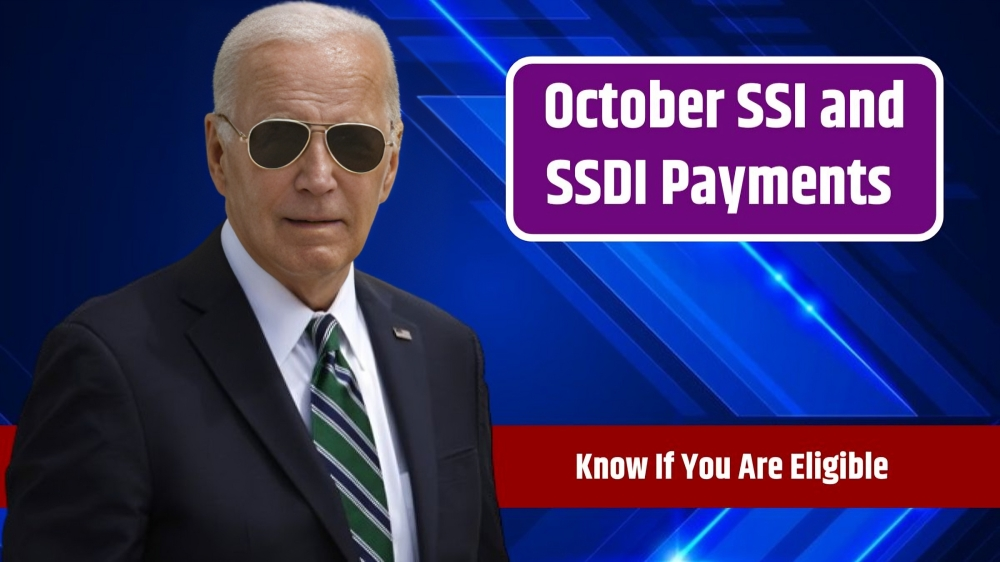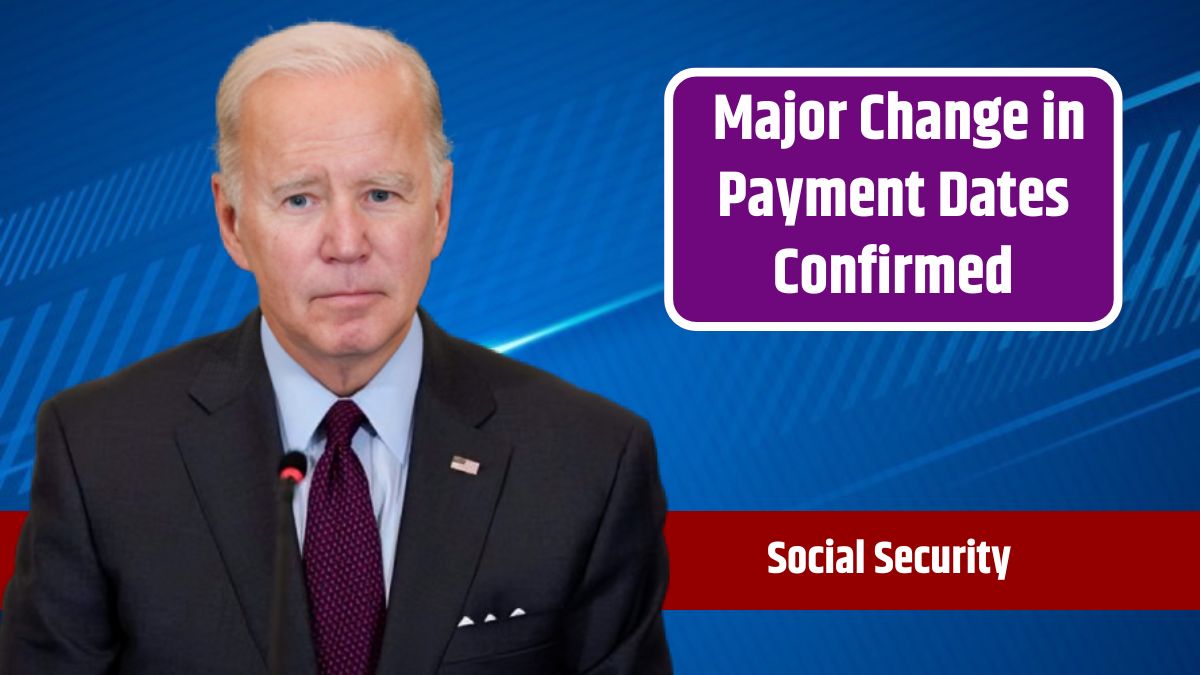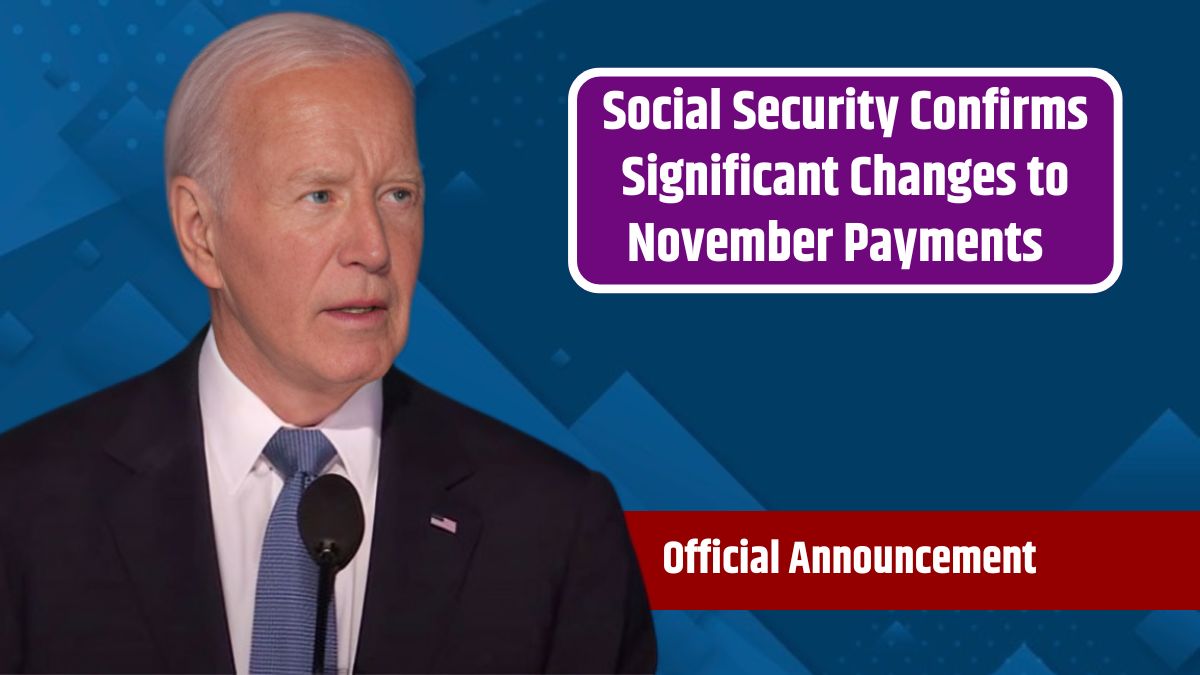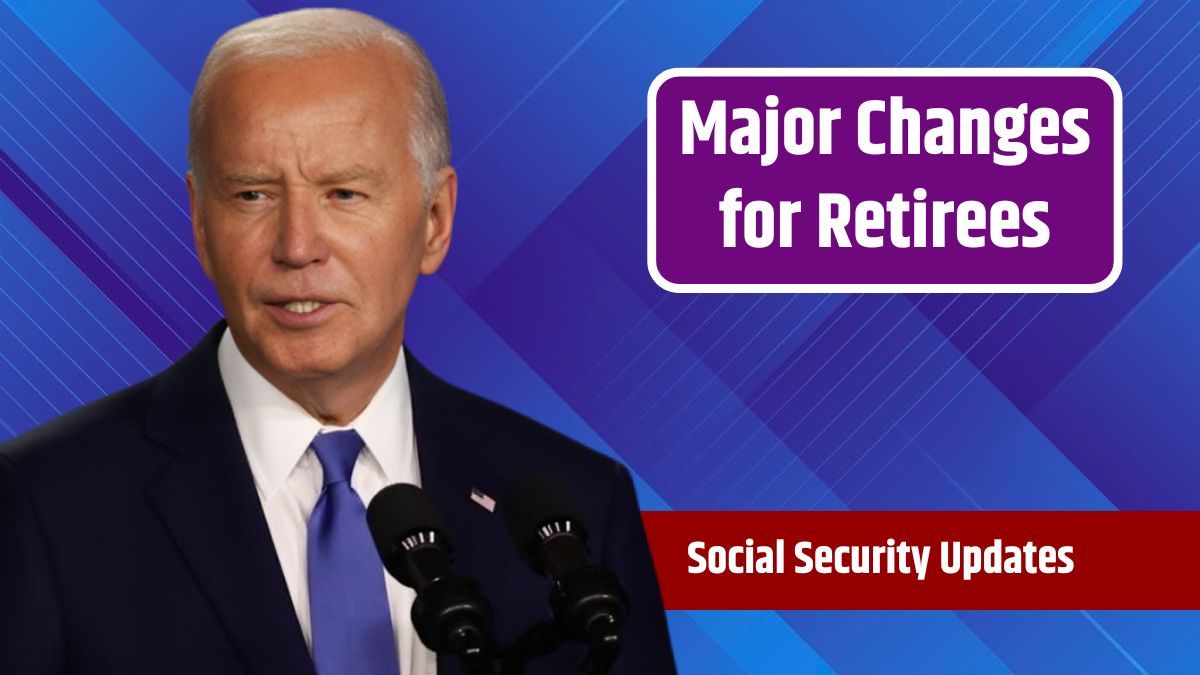If you’ve been wondering whether it’s possible to receive both Supplemental Security Income (SSI) and Social Security Disability Insurance (SSDI), you’re not alone. Many disability benefit applicants have the same question. The good news is that the Social Security Administration (SSA) does allow some individuals to qualify for both benefits simultaneously. However, there are specific criteria you must meet to receive both types of payments.
Let’s look into how you might be able to get both benefits and the requirements you need to meet.
Eligibility
To receive both SSI and SSDI, you need to qualify for each program separately. While both programs provide financial support to people with disabilities, they have distinct eligibility criteria.
SSDI is based on your work history. You qualify for SSDI if you have a disability that meets the SSA’s definition and have paid into Social Security through payroll taxes for a sufficient period. For instance, a person needs to have worked and contributed for around 9.5 years to be eligible for SSDI benefits at age 60.
On the other hand, SSI is a needs-based program designed to support individuals with low income and limited resources. Your Disability Insurance (SSDI) payment must be low enough to qualify for SSI. As a result, not everyone who receives SSDI will qualify for SSI.
Benefits
Receiving both SSI and SSDI is known as “concurrent benefits.” It’s achievable for some Disability Insurance recipients to receive SSI payments as well, provided their SSDI benefit is low enough to meet the income requirements for SSI.
SSI payments are specifically for citizens with limited income and resources. If your monthly SSDI payment is above a certain amount, you may not be eligible for SSI. The average SSDI payment is around $1,537 per month, but the exact threshold for SSI eligibility varies depending on individual circumstances, including state-specific rules.
SSDI Requirements
To qualify for SSDI, you must:
- Have a disability that meets the SSA’s strict definition.
- Have accumulated enough work credits by paying Social Security payroll taxes.
- Meet age-specific work duration requirements (e.g., 9.5 years of work to qualify at age 60).
Even if your disability qualifies, your income level may affect your eligibility to receive SSI simultaneously.
SSI Requirements
There are a few key changes in SSI rules this September that could impact your eligibility. Here are the general requirements:
- Have a low income.
- Possess few or no resources.
- Meet other specific conditions (e.g., having a disability, being blind, or being at least 65 years old).
Applying
If your SSDI payments are relatively low, applying for SSI can be beneficial. However, keep in mind that processing applications can take time. If you are facing financial hardship, you might qualify for expedited benefits. Make sure to check the criteria and apply as early as possible to avoid delays.
Key Points
- Receiving both SSI and SSDI is possible, but it depends on meeting the eligibility requirements for both programs.
- SSDI is based on your work history and disability status, while SSI is for those with limited income and resources.
- The amount of SSDI payments affects SSI eligibility.
- Recent changes in SSI rules could increase your chances of qualifying.
- Apply early to avoid delays and consider expedited benefits if you are in urgent need.
If you think you qualify for both programs, it’s essential to apply as soon as possible. Each case is unique, and the SSA will review your circumstances to determine your eligibility.
FAQs
Can I receive both SSI and SSDI benefits at once?
Yes, if you meet the eligibility criteria for both programs.
What is the average SSDI payment amount?
The average SSDI payment is around $1,537 per month.
Can changes in SSI rules affect my eligibility?
Yes, recent changes may impact your ability to qualify for SSI.
What happens if my SSDI payment is too high?
You may not qualify for SSI if your SSDI payment exceeds the SSI income limits.
How can I speed up my benefit approval?
You can apply for expedited benefits if you are in urgent financial need.









